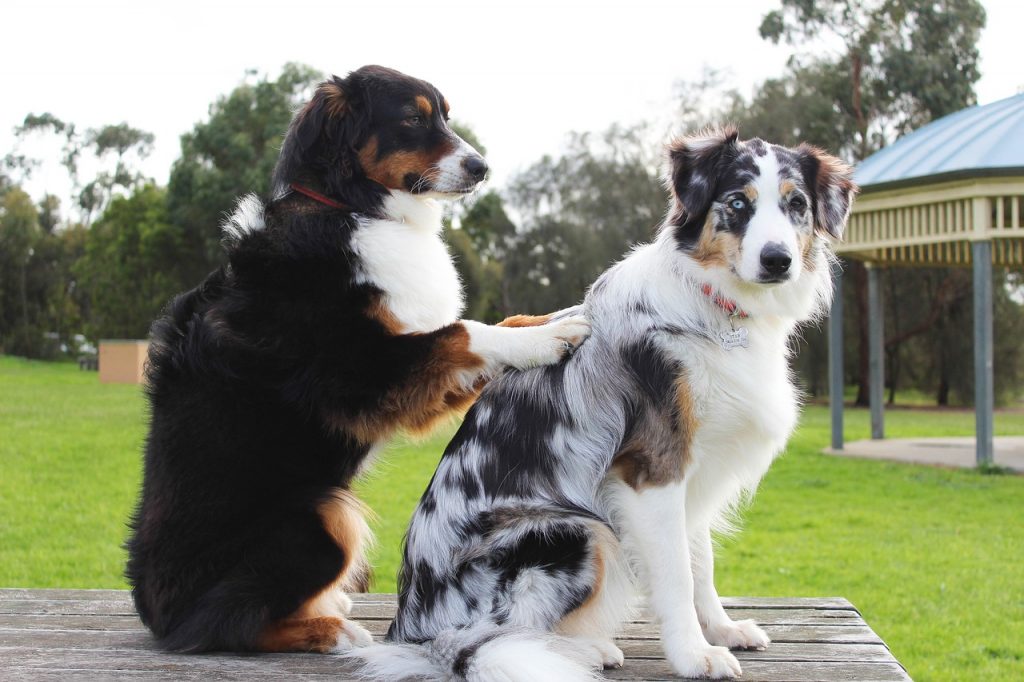
Osteopathic Treatment Services:
The Dog Osteopath offers osteopathic services for animals, including:
- Dogs (canine osteopathy) – Rachel Mahoney
- Horses (equine osteopathy) – Brooke Davis
- Other animals – please contact us directly regarding the suitability
What is Osteopathy?
Osteopathy employs the philosophy that “the body is a unit”, where the Osteopath considers the function of the body as a whole entity.
In other words, Osteopaths look at how the skeleton, joints, muscles, nerves, blood vessels, and fascia function as a whole. Unique attention is paid to the complex interrelationships between the body’s structure and the way it functions.
Osteopaths are highly skilled, university-trained, primary health care professionals. They use the information from the history, observation and appropriate clinical exams to formulate a diagnosis and treatment plan.
If the Osteopath is concerned by the presentation or thinks it warrants further investigation, they will refer appropriately to a Veterinarian.
Osteopaths can also have specific clinical interests in a focus area or for unique patient groups. In the case of the application of osteopathic principles to animals, further post-graduate training in either Animal Osteopathy, Animal Biomechanics (previously Animal Chiropractic), or Canine Rehabilitation is required.
In a typical trip to an Osteopath, after assessment and diagnosis, a wide range of “hands-on” treatment techniques will be applied. Techniques may range from soft tissue massage, joint articulation, visceral and myofascial release, to biodynamics or cranial treatment. Adjunctive treatments like laser therapy and dry needling may be utilised, if indicated.
After the “hands-on” treatment, the Osteopath will formulate an appropriate rehabilitation program, and communicate activities to avoid/minimise.
It’s important to realise that every patient and injury is different. Something as simple as the chronicity of the issue may determine how many treatments the animal may require. Ongoing maintenance may also be required in the case of chronic issues like dysplasia or arthritis.
You can make an appointment directly with an Osteopath, without a referral. But it’s important to remember Osteopaths are not Vets. If medications, scans, or more specialised tests are required you will need to visit your Vet first.

Do You Need a Veterinary Referral?
A veterinary referral is not required, however communication with your dog’s Vet is certainly preferred.
If your dog has a new injury it is important to make sure your dog has an accurate diagnosis and that any medical or surgical treatment that is required is administered by your Vet. Where necessary, we will liaise with or in-house rehab Vet (Dr. Montana Mays) or your dog’s Vet to ensure complete, professional care is always achieved.
